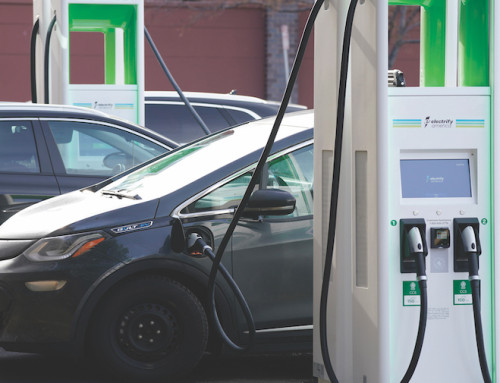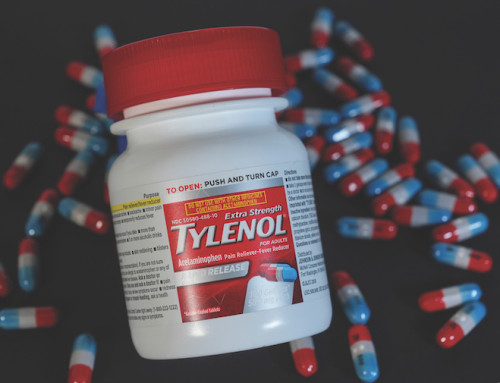WASHINGTON (AP) — Near the end of his first term, President Donald Trump signed into law a bill that aimed to reduce pollutants emitted by refrigerators and air conditioners.
The bipartisan measure brought environmentalists and major business groups into rare alignment on the issue of climate change and won praise across the political spectrum.
Five years later, the second Trump administration is reversing course, as it moves to loosen a federal rule — based on the 2020 law — that requires grocery stores, air-conditioning companies and others to reduce powerful greenhouse gases used in cooling equipment.
The shift in approach has upended a broad bipartisan consensus on the need to quickly phase out domestic use of hydrofluorocarbons, or HFCs, that are thousands of times more potent than carbon dioxide and are considered a major driver of global warming.
The proposal by the Environmental Protection Agency is among a series of sweeping environmental rollbacks that EPA Administrator Lee Zeldin has said will put a “dagger through the heart of climate change religion.”
The HFC proposal will help “make American refrigerants affordable, safe and reliable again,” Zeldin said in a statement.
Environmentalists, however, say the plan will exacerbate climate pollution while disrupting a years-long industry transition to new coolants as an alternative to HFCs.
With HFCs one of the main drivers of extreme heat and pollution, any delay in their phaseout “is going to be have negative outcomes and significant ones,” said Kiff Gallagher, executive director of the Global Heat Reduction Initiative, an international effort to reduce trapped heat that is warming the planet.
The 2020 law signed by Trump, known as the American Innovation and Manufacturing Act, phased out HFCs as part of an international agreement on ozone pollution.
The law accelerated an industry shift to alternative refrigerants that use less harmful chemicals and are widely available.
The U.S. Chamber of Commerce and the American Chemistry Council, the top lobbying group for the chemical industry, were among numerous business groups that supported the law and an international deal on pollutants, known as the Kigali Amendment, as wins for jobs and the environment. American companies such as Chemours and Honeywell developed and produce the alternative refrigerants sold in the United States and around the world.
The 2020 law led to a 2023 rule, now being relaxed, which imposed steep restrictions starting next year on HFCs. Zeldin said the Biden-era rule did not give companies enough time to comply and the rapid switch to other refrigerants had caused shortages and price hikes. Some in the industry dispute that.
In September, the EPA announced it is relaxing standards for cold storage warehouses and other cooling equipment and delaying other aspects of the HFC rule until 2032.
On a visit this summer to a refrigeration facility in Georgia alongside Vice President JD Vance, Zeldin said the administration was responding to grocery stores and refrigeration companies that have complained about the federal rule.
“We at the Trump administration are heeding the call of Alta Refrigeration,’’ Zeldin said at an Aug. 21 appearance at the company in Peachtree City, Ga., outside Atlanta.
Zeldin said the so-called Technology Transitions Rule, finalized under former President Joe Biden, has been restricting access to refrigerants Americans need to cool their homes and businesses, while costs are going up and supply is going down.
He said Alta Refrigeration, along with grocery stores, the semiconductor industry and residents across America, were dissatisfied with the rule and vowed to “fix this mistake.”
The Food Industry Association, which represents grocery stores and suppliers, applauded the EPA plan, saying the current rule “imposed significant and unrealistic compliance timelines.”








